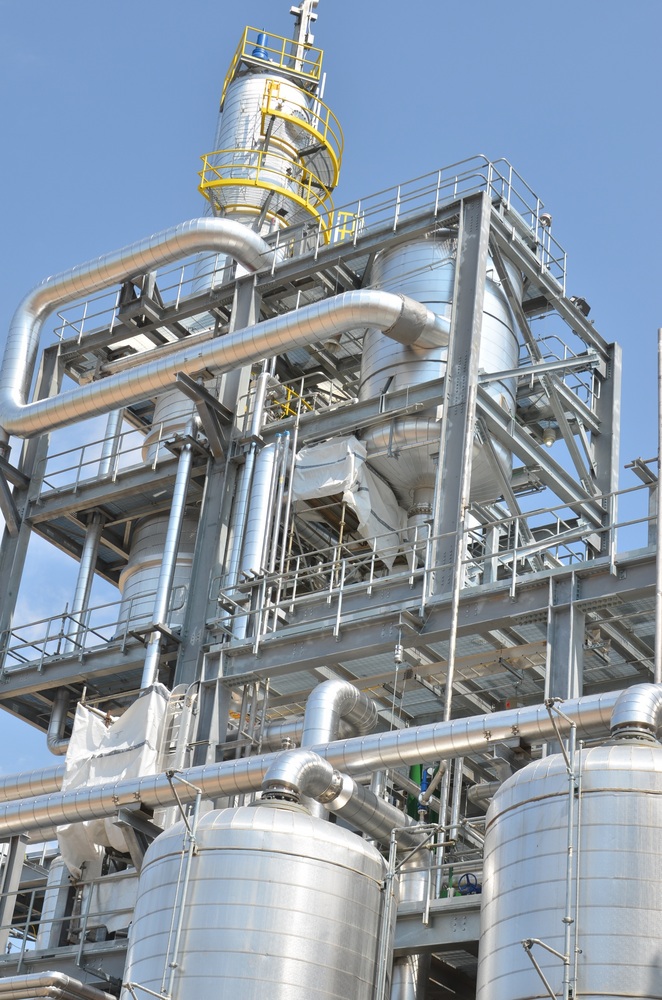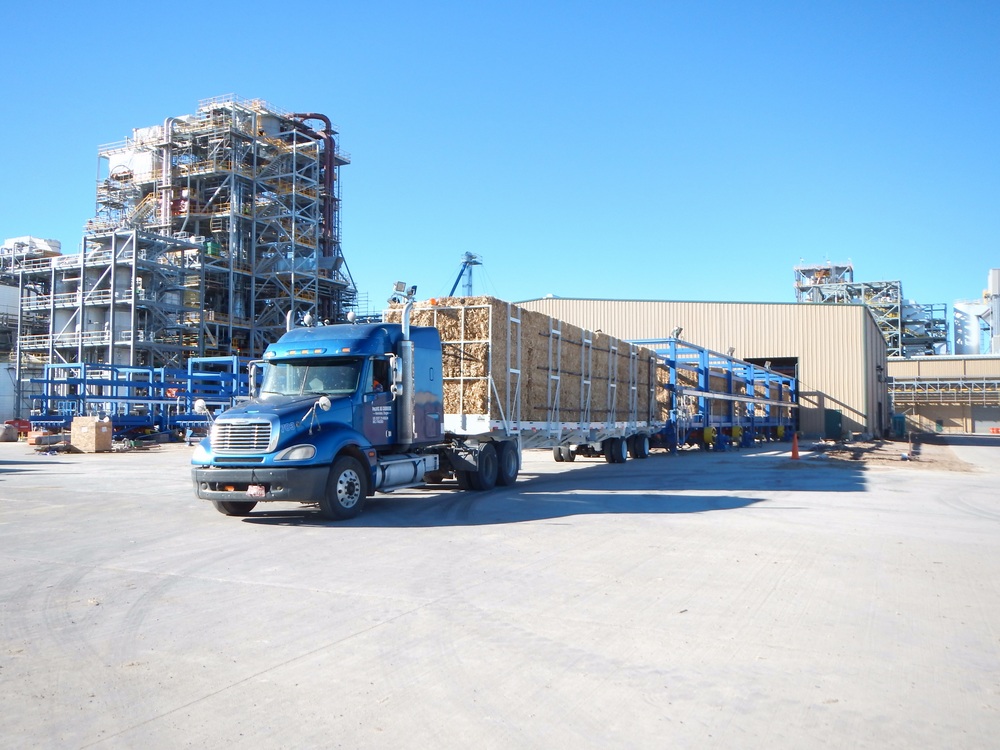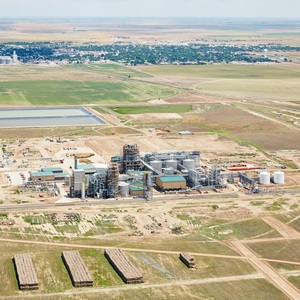Abengoa celebrates grand opening of cellulosic ethanol plant










Abengoa
October 17, 2014
BY Erin Krueger
Advertisement
Advertisement
Related Stories
The U.S. EPA on Feb. 19 released data showing nearly 1.68 billion renewable identification numbers (RINs) were generated under the Renewable Fuel Standard in January, down 9% when compared to 1.84 billion RINs generated in January 2024.
Bayer launches newgold — a new multi-crop seed brand designed to connect agriculture to the low-carbon fuel economy
Bayer on Feb. 19 announced the launch of newgold seed, its first multi-crop seed brand developed specifically for low-carbon intensity crops, designed to help farmers participate directly in the fast-growing biofuels market.
The U.S. Department of Defense’s Defense Advance Research Projects Agency on Feb. 13 announced plans to support research to develop novel catalysts to enable the conversion of biomass into chemicals.
The House Committee on Agriculture on Feb. 13 released a draft Farm Bill that includes provisions that aim to expand the use of biochar and encourage growth and innovation in the biofuel, bioproducts and bioenergy industries.
Anaergia Inc., through its subsidiary Anaergia S.r.l., has entered into a contract with Circular Renewable Evolution S.r.l. to supply its proprietary anaerobic digestion technology as part of a €50 million initiative at Eni’s Gela biorefinery.





